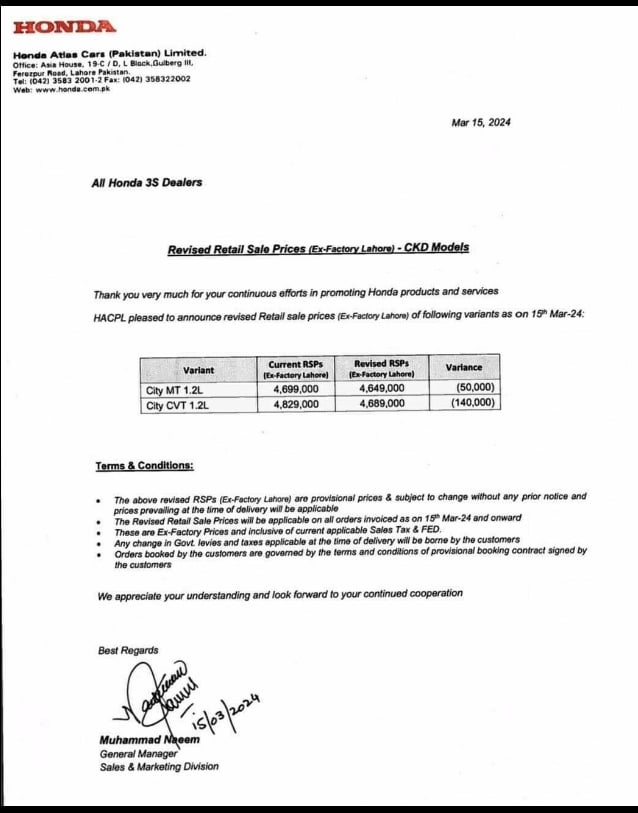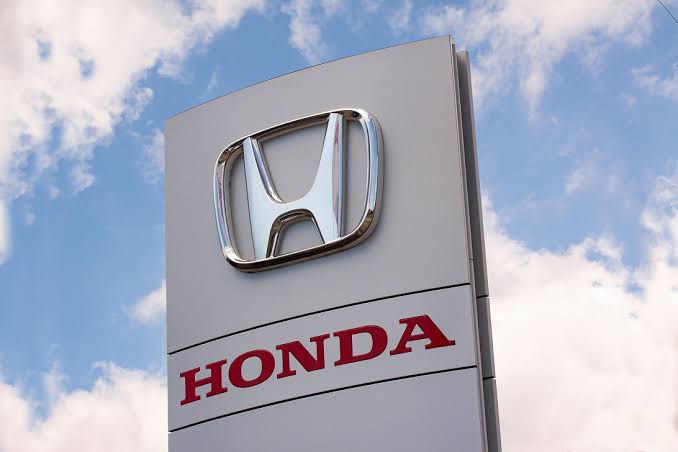The recent price reductions by Honda Cars and Indus Motor Company in response to the increased sales tax on automobiles in Pakistan reflect a strategic move to mitigate the impact of government policies on their sales and market share. These adjustments not only aim to remain competitive but also address the challenges posed by the current economic environment in the country’s auto sector.
The decision to lower prices on specific car variants, such as the Honda City MT 1.2L and the City CVT 1.2L, is a direct response to the government’s move to raise the sales tax on vehicles with engine sizes above 1400cc and those priced above Rs4 million. By reducing prices, both companies are attempting to make their models more accessible to consumers and maintain demand amid the higher tax burden.
Muhammad Abrar Polani’s analysis suggests that Honda’s pricing strategy aligns with Toyota’s approach, indicating a concerted effort within the industry to navigate the regulatory changes effectively. This coordinated response underscores the importance of adapting to policy shifts to sustain profitability and market presence.
The government’s decision to increase the sales tax was initially targeted at cars with engine sizes of 1400cc and above. However, the inclusion of a Rs4 million price cap has broader implications, affecting a wider range of models across different manufacturers. This regulatory adjustment highlights the interconnectedness of policy decisions and their ripple effects on industry dynamics.

The challenges facing Pakistan’s auto sector extend beyond tax reforms. High-interest rates and increased production costs have contributed to rising car prices, reducing consumer purchasing power and dampening overall sales. The significant decline in total car sales over the past fiscal years underscores the urgency for industry players to adapt their strategies to the evolving market conditions.
Price reductions represent a proactive measure to stimulate demand and revitalize the auto market. By making their products more affordable, manufacturers seek to incentivize consumer spending and regain momentum in an otherwise challenging business environment.
Looking ahead, continued collaboration between industry stakeholders and policymakers will be essential to address systemic issues and foster sustainable growth in Pakistan’s auto sector. Adaptable strategies, informed by market dynamics and regulatory changes, will be key to navigating uncertainties and positioning companies for long-term success in the evolving landscape.


